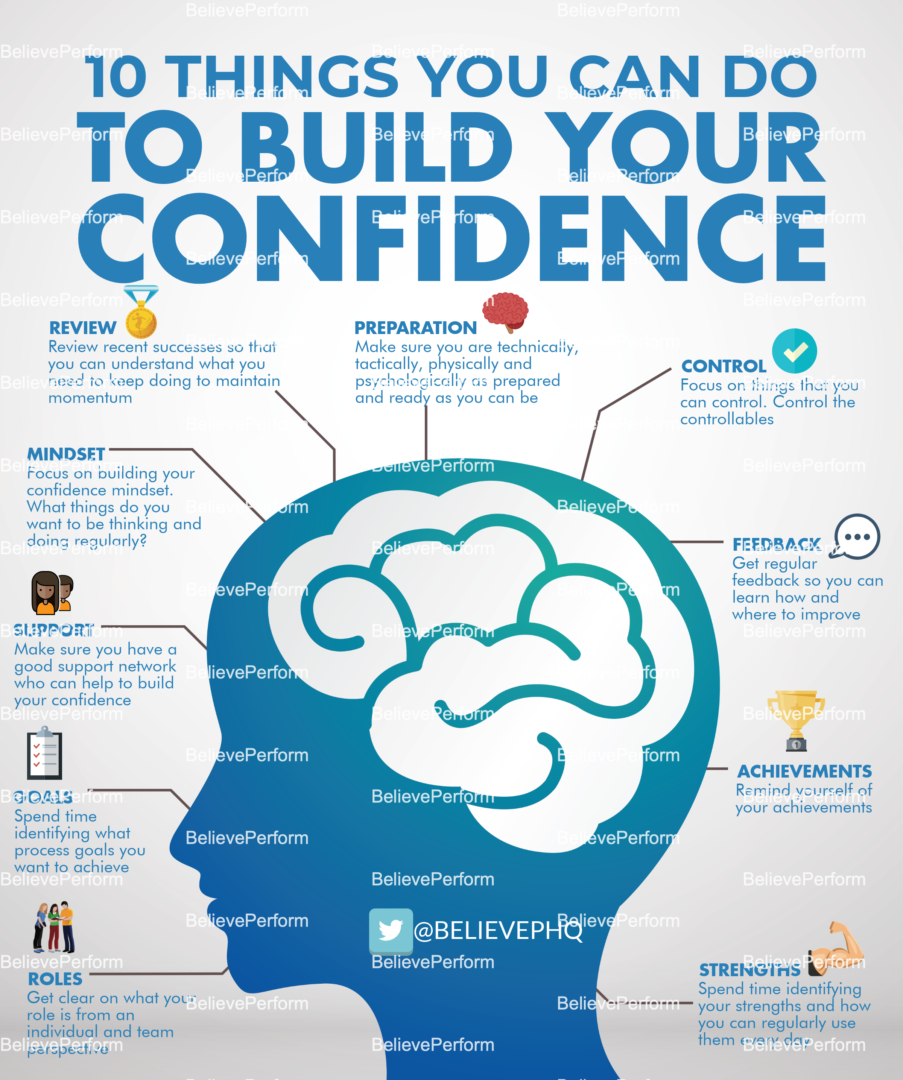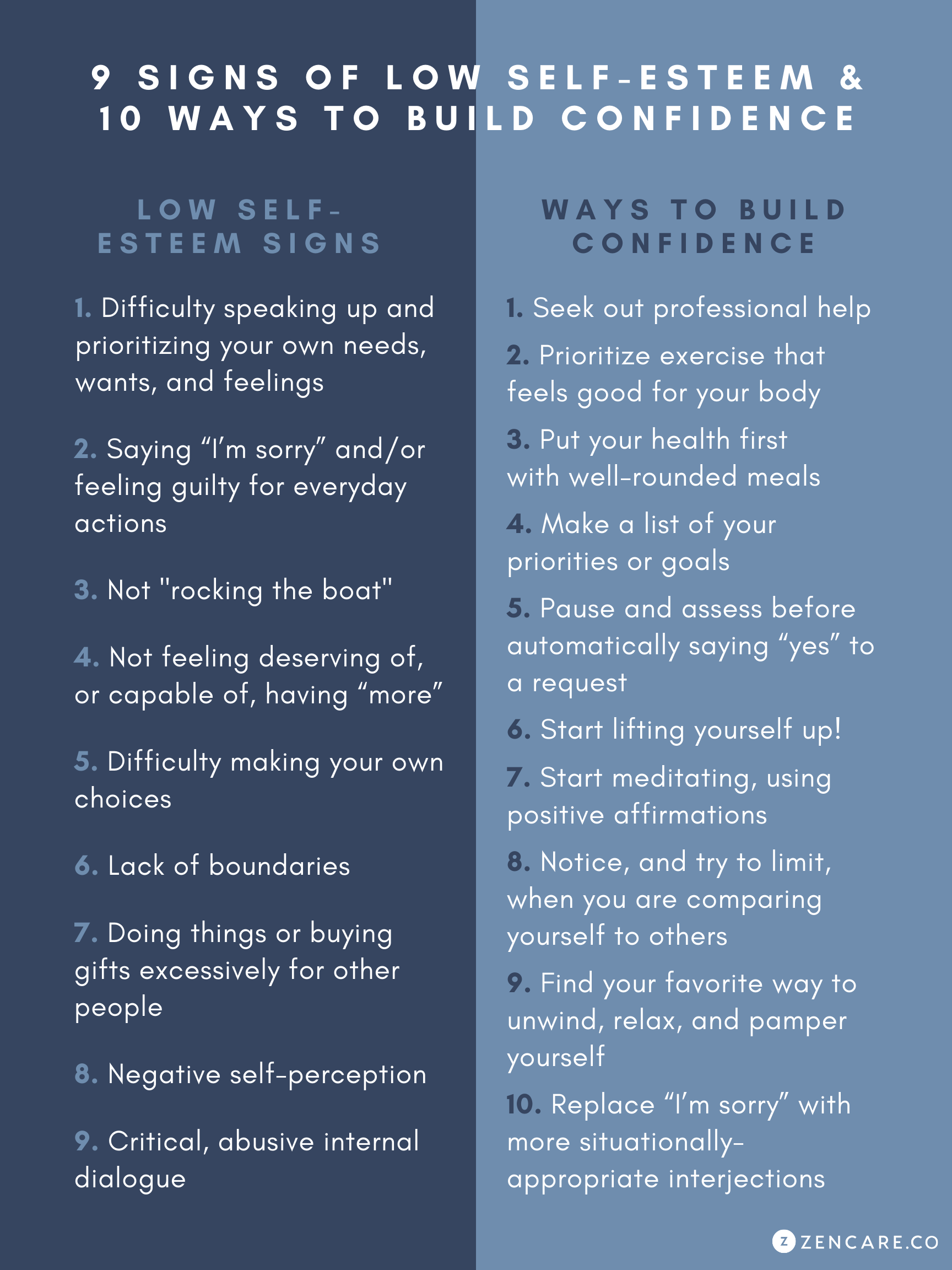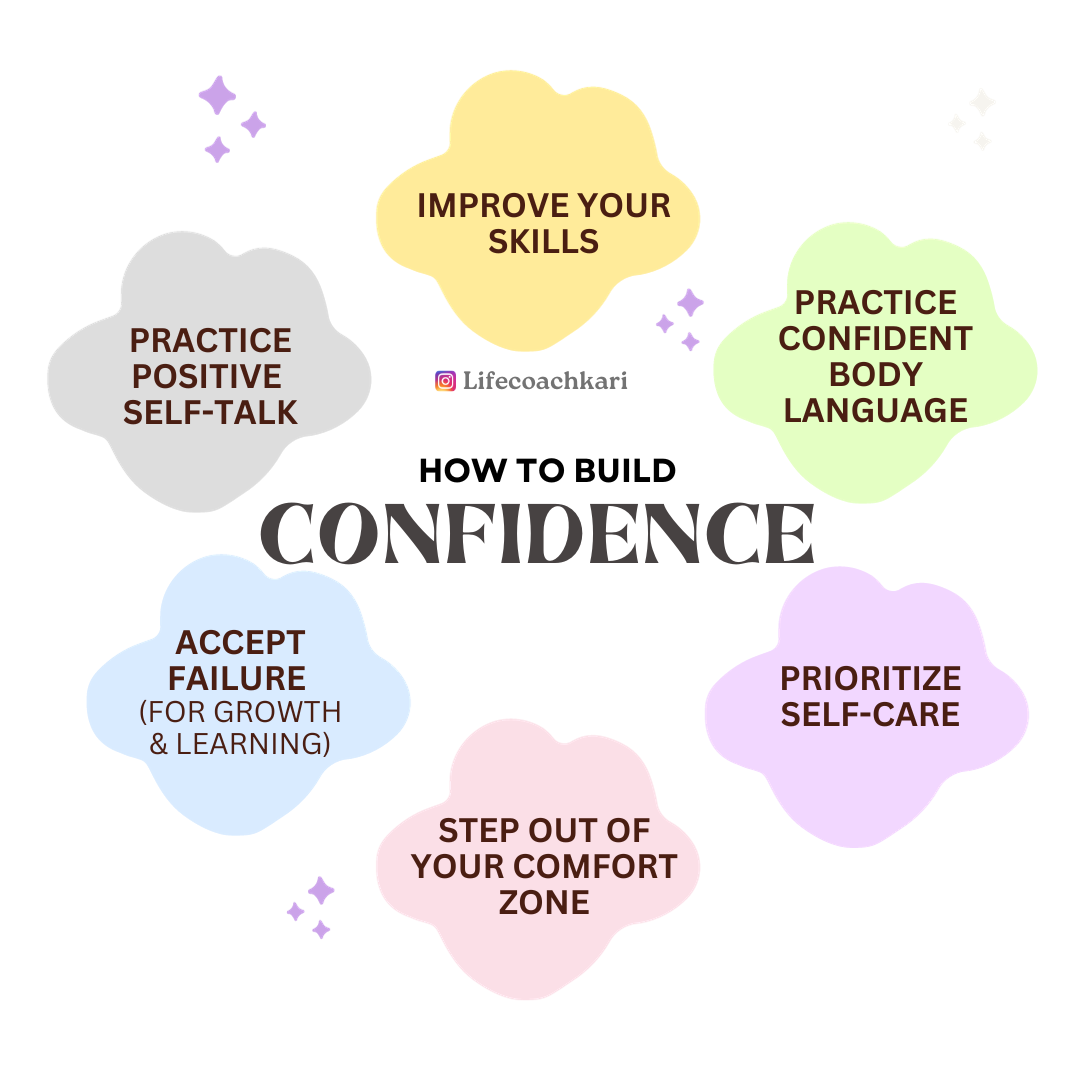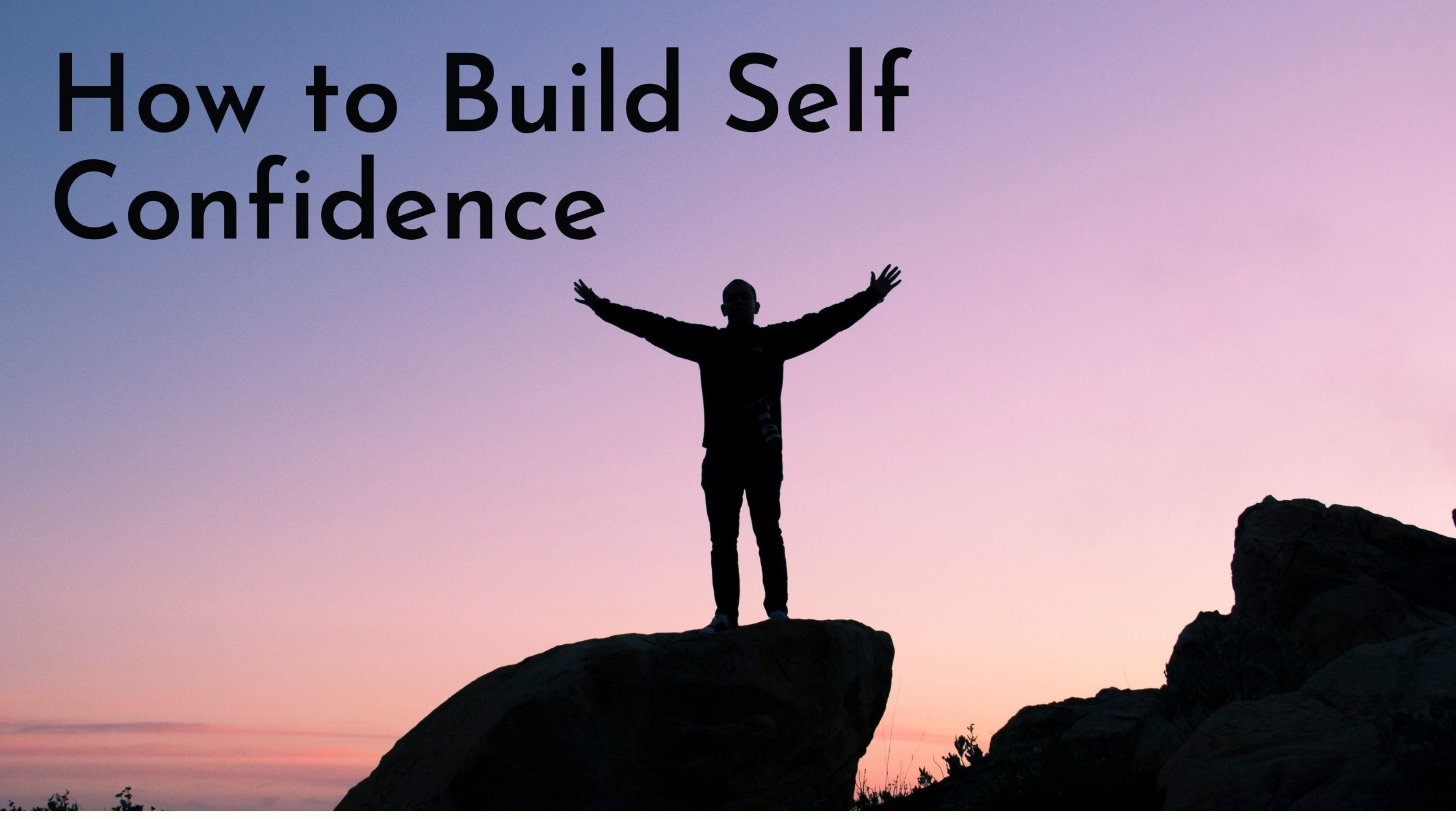How To Build Your Own Self Confidence
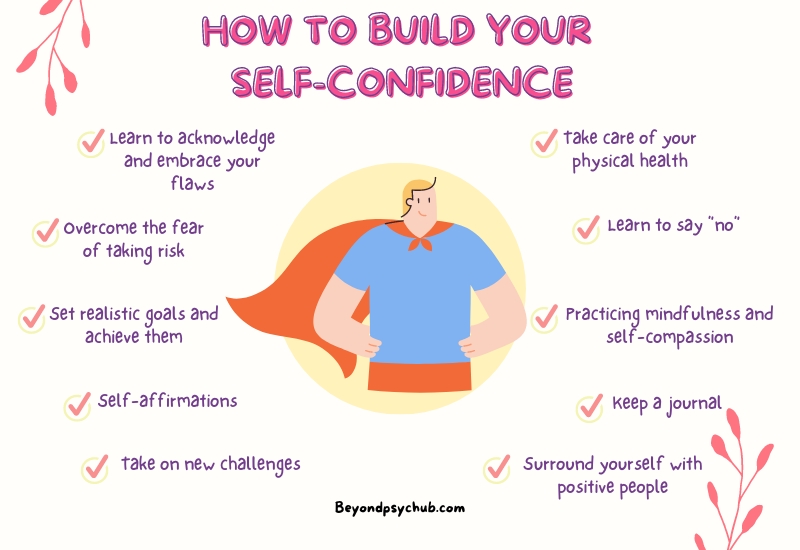
In a world increasingly demanding and competitive, cultivating self-confidence is no longer a luxury, but a necessity for personal and professional growth. Many individuals grapple with feelings of inadequacy, hindering their ability to pursue opportunities and achieve their full potential. But experts say self-confidence is not an innate trait; it's a skill that can be learned and strengthened through conscious effort and specific strategies.
This article explores practical steps anyone can take to build their self-confidence, drawing from psychological research and expert advice. It outlines actionable techniques, focusing on shifting mindset, developing competence, and fostering positive self-perception. These strategies aim to empower readers to overcome self-doubt and approach life with greater assurance.
Understanding the Foundation of Self-Confidence
Self-confidence stems from a belief in one's abilities and judgment. This belief is not about arrogance or invincibility, but rather a realistic appraisal of one's strengths coupled with the acceptance of imperfections. According to Dr. Nathaniel Branden, a renowned psychologist who studied self-esteem extensively, self-confidence arises from self-awareness, self-acceptance, self-responsibility, self-assertiveness, purposefulness, and integrity.
Building self-confidence often begins with identifying the sources of insecurity. These could be past failures, negative feedback, or comparisons to others. Addressing these underlying issues is crucial for establishing a solid foundation for growth.
Actionable Strategies for Building Confidence
Challenge Negative Thoughts
Negative self-talk can significantly erode self-confidence. One effective strategy is to actively challenge these thoughts. When a negative thought arises, question its validity and look for evidence to the contrary.
Replace negative thoughts with positive affirmations. Affirmations are positive statements about oneself that, when repeated consistently, can reprogram the subconscious mind.
Set Realistic Goals
Setting ambitious but achievable goals and celebrating small victories can significantly boost self-confidence. Breaking down large tasks into smaller, manageable steps makes success more attainable and provides a sense of accomplishment along the way.
Focus on progress rather than perfection. Perfectionism can be a major obstacle to self-confidence, as it sets unrealistic expectations and leads to self-criticism.
Develop Competence
Acquiring new skills and developing expertise in areas of interest is a powerful way to build self-confidence. The more competent you become in a particular area, the more confident you will feel.
This could involve taking a course, learning a new language, or mastering a specific skill related to your career or hobbies. The key is to choose something you are genuinely interested in and dedicate time to improving your abilities.
Practice Self-Care
Taking care of your physical and mental well-being is essential for building self-confidence. This includes getting enough sleep, eating a healthy diet, exercising regularly, and engaging in activities you enjoy.
Self-care is not selfish; it's necessary for maintaining a positive mindset and managing stress. Prioritizing self-care sends a message to yourself that you are worthy of care and attention.
Embrace Failure as a Learning Opportunity
Everyone experiences setbacks and failures. The key is to view these experiences as learning opportunities rather than personal defeats. Analyze what went wrong, identify areas for improvement, and move forward with renewed determination.
According to psychologist Carol Dweck, adopting a growth mindset, which emphasizes the belief that abilities can be developed through dedication and hard work, is crucial for building resilience and self-confidence.
Seek Support and Feedback
Surrounding yourself with supportive people who believe in your potential can significantly boost your self-confidence. Seek feedback from trusted friends, family members, or mentors. Constructive criticism can help you identify areas for improvement, while encouragement can reinforce your strengths.
Remember that it's okay to ask for help when you need it. Seeking support is a sign of strength, not weakness.
The Ripple Effect of Increased Self-Confidence
The benefits of cultivating self-confidence extend far beyond personal satisfaction. Individuals with high self-confidence are more likely to take risks, pursue opportunities, and achieve their goals. They are also better equipped to handle challenges and setbacks.
Increased self-confidence can also have a positive impact on relationships, career prospects, and overall well-being. Confident individuals tend to be more assertive, communicative, and resilient. The American Psychological Association (APA) emphasizes the link between self-esteem and overall mental health.
Building self-confidence is a continuous journey, not a destination. By implementing these strategies and consistently working on your mindset, you can gradually develop a stronger sense of self-belief and unlock your full potential. The key is to be patient, persistent, and kind to yourself along the way.
